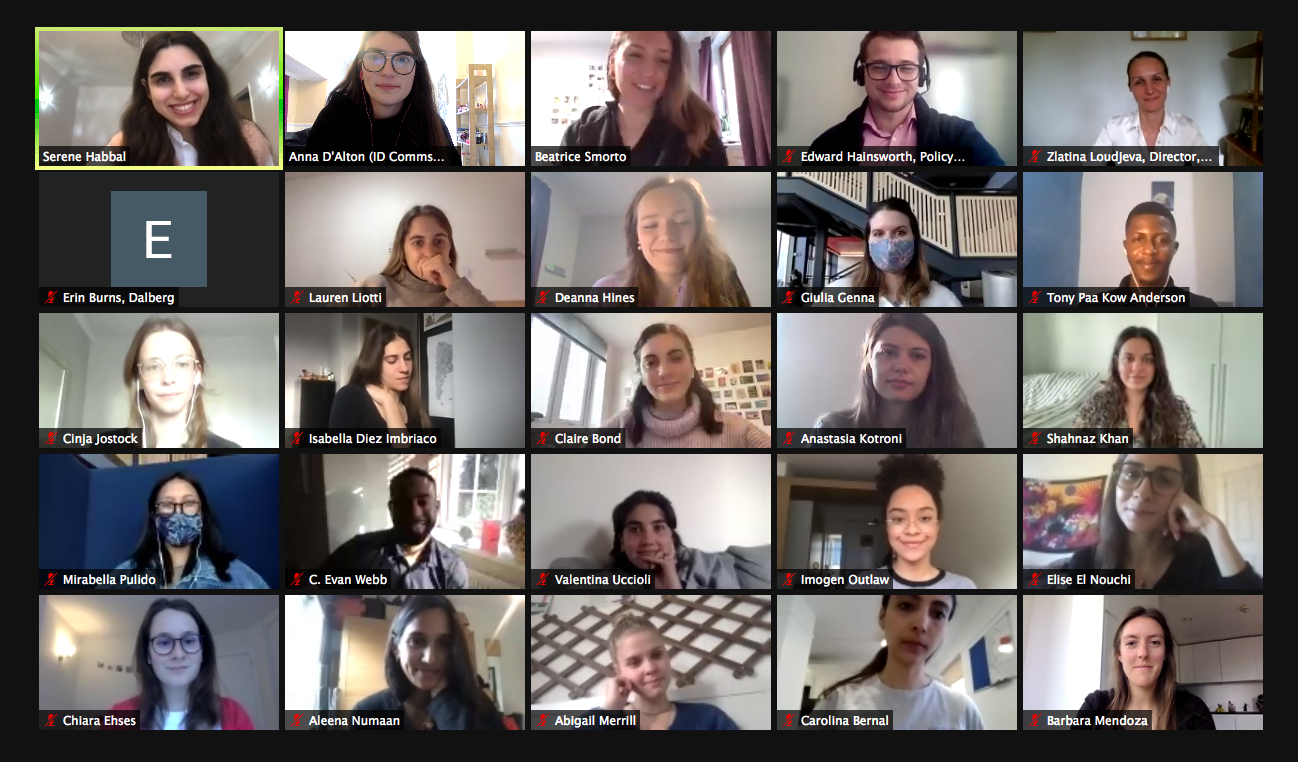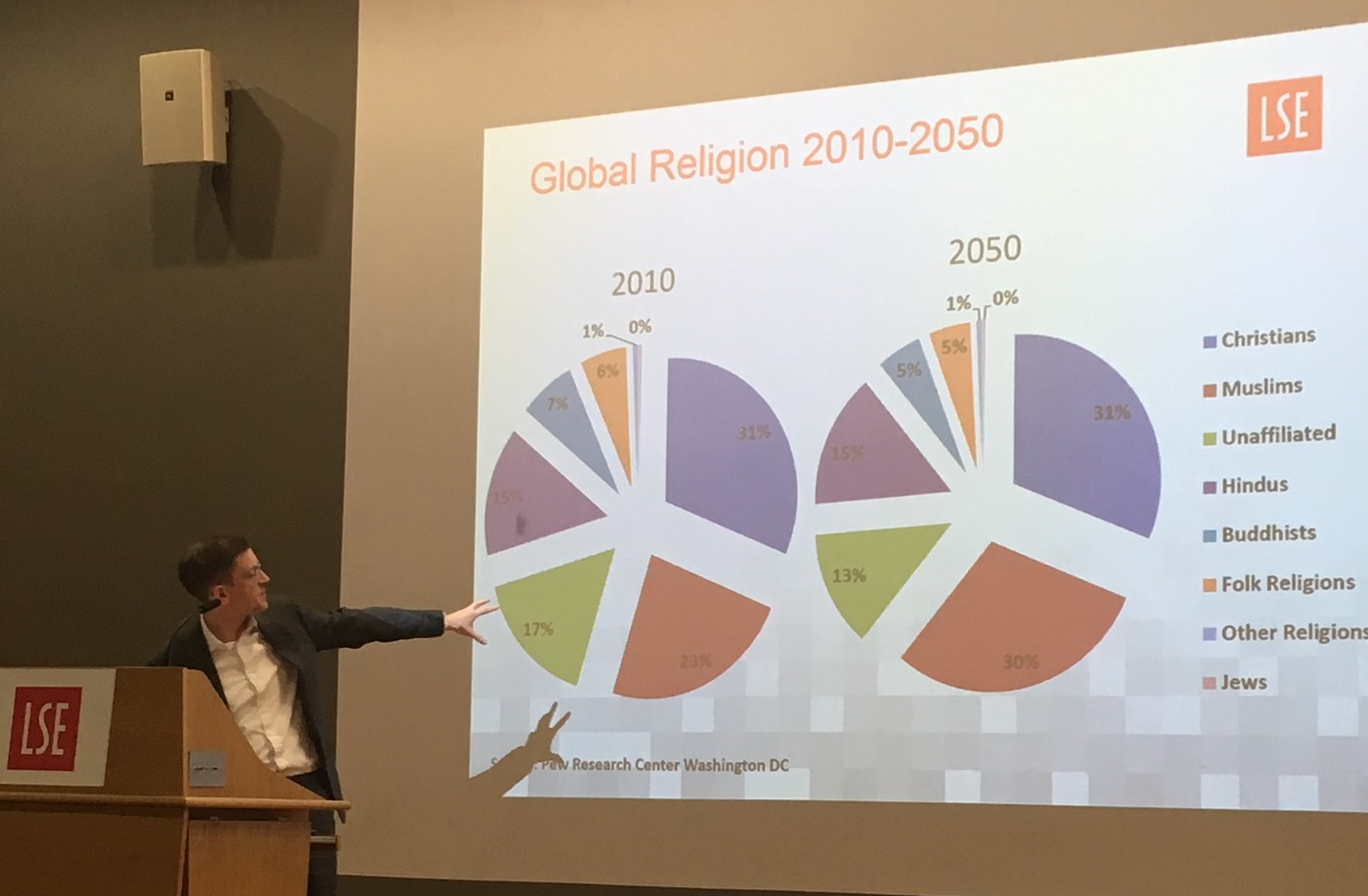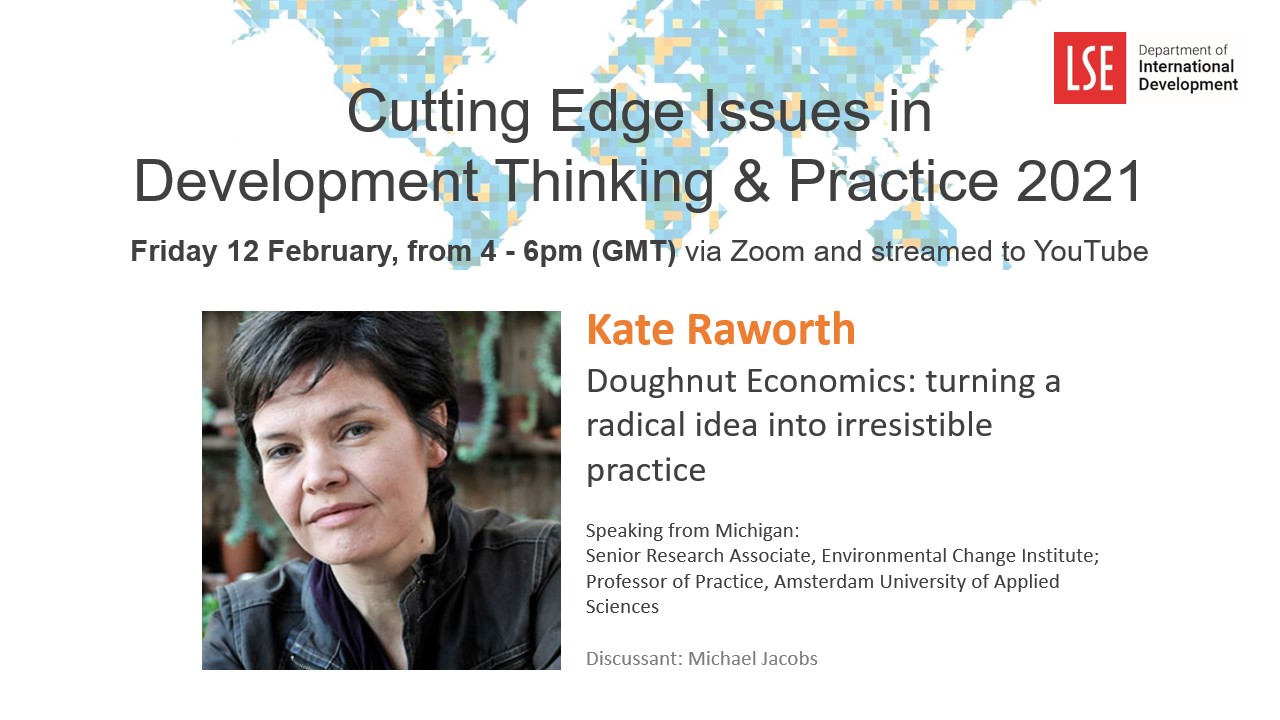MSc Development Management student, Temi Phyllis Pratt, reflects on a Cutting Edge in Development guest lecture from Prachi Srivastava, tenured Associate Professor in the area of education and international development at University of Western Ontario.
We have 10 years. The 2030 Agenda to deliver Education for All is one of the leading objectives of the sustainable development goals. Dr Prachi Srivastava delivered an interesting and interactive talk on the subject of big ideas and the role of non-state actors, (particularly- the Private Sector) delivering Education in the Global South.
Reflecting on the talk, I came away agreeing with her notion that Big Ideas, given the challenges we face in education delivery in the Global South, deserve our attention because they can contribute to solving the challenges in education in the long term.
Why should we care?
We should care because the delivery of quality education has a direct impact on several sectors of society. Dr Prachi raised the point that poor education can be linked to a divestment in the human capital that drives the delivery of public services. If countries in the Global South want to build strong state institutions, it is wise for them to invest in education across all levels, because they are investing in their future civil servants.
We should also care because, the right to education is a basic human right. In the dialogue and conversations about the delivery of quality education, both supporters and critics of non-state actors in education agree on the idea that Education is a human right and we all, as stakeholders should advocate for the delivery of good quality education.
Contestations: Does the private sector deliver quality & equity?
Everyone has a right to education. But how do we deliver this and what is the role of non-state actors, particularly the private sector? Acknowledging that there are debates in the discourse as to the benefit and commitment to equity provision private actors in education, Dr Prachi agrees that the evidence is nuanced as to the benefit of private sector provision in the delivery of education in the Global South. Evidence from the field points out there have been mixed results: some non-state actors have been able to provide quality education whilst expanding equality of access whilst others have failed to do so.
What does this mean for education? We are faced with big challenges; this includes provision, financing, management and regulation issues. The size of these issues means that rather than excluding non-state actors, we need to include them in the delivery of education; building on best practice. Essentially, there is a role and benefit for non-state actors to support the delivery of education perhaps alongside the state.
Oftentimes, countries in the Global South are faced with weak state institutions that do not have the capacity to deliver education for all their citizens. The issues mentioned above, coupled with a lack of political will often translates to an opportunity for non-state actors to step in and deliver what many consider to be the responsibility of the state
What is the Big Idea? Solving Education’s biggest challenges
I came away from the talk thinking that the big idea is CHOICE. Non-state actors, by providing education to communities are often providing alternatives that parents may choose to utilise. Parents, faced with the option of say a state school or a low-fee private school may choose the later depending on their circumstances.
The idea of this choice may bring up questions of equity or equal access for all, especially for stakeholders who believe non-state actors should not be involved in the delivery of education. These concerns are valid especially considering that the current majority of non-state actor provision focuses on low-income communities. Concerns are rightly raised as to whether these communities can afford provision by non-state private actors. But then, big ideas are sometimes contentious.
If the state is unable to deliver, parents will tend to look for alternatives. This creates a choice mechanism which, in theory should motivate the state to ‘’compete’’ alongside non-state providers in the delivery of education.
We must remember that the objective is to provide education and if we want to do this – in the next ten years– we will need to bring all actors to the table to solve the big challenge ahead: To deliver quality education by the year 2030.
Last edited: 06/02/2020 14:59
Temi Phyllis Pratt is a part-time MSc Development Management candidate, and a development consultant and programme manager with a geographical focus on Africa and the Middle East. Her interests areas include; education, human capital development and technology for development. She is currently working at the intersection of education and development and is a Director at Canon Education – A STEM education-focused social enterprise providing much-needed education services & infrastructure to children and young people from low-income communities in Africa. Follow them on instagram: @canon_education.
The views expressed in this post are those of the author and in no way reflect those of the International Development LSE blog or the London School of Economics and Political Science.





